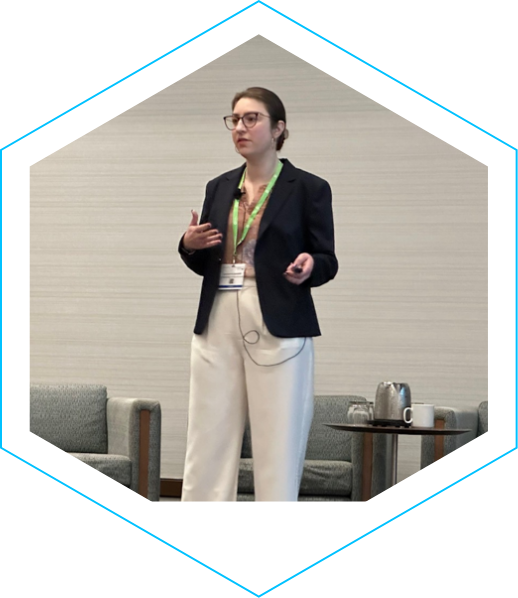
Kinetic Modelling: What’s in it for me and how to get started
Event overview

This is a NEW Online Short Course – Reaction kinetic models can provide critical process understanding, and speed the development of robust and optimized Active Ingredient processes for scale-up. This short course provides an introduction to key aspects of physical organic chemistry and how they can be applied in a kinetic modelling approach. The course features case studies from the pharmaceutical industry and its chemical supply chain, hands-on exercises and includes an optional day of further hands-on training with Reaction Lab™ software, the leading kinetic modelling platform for chemists in the pharmaceutical industry.
This course will be set over two days with an optional demonstration session on Reaction Lab™
March 23, 1.30 – 5.00 (UK) | Session 1
March 24, 1.30 – 5.00 (UK) | Session 2
FREE Optional Session – Introduction on Reaction Lab™
March 25, 1.30 – 5.00 (UK) | Session 3
This course is run in conjunction with ![]()
Course Outline
Days 1-2: Kinetic Modelling: What’s in it for me and how to get started
- Theory of reaction kinetics, including an explanation of rate laws with an introduction to first- and second-order reactions, rate-limiting steps and how the Arrhenius relationship can be applied to model kinetics.
- Application of kinetic models to homogeneous systems and the effects of pre-equilibria, pKa and competitive reactions.
- Application of kinetic models to heterogeneous systems and the effects of kLA: dissolution of substrate, hydrogenation and biocatalysis.
- Application of kinetic models to continuous systems and design of Plug Flow Reactors and Continuous Stirred Tank Reactors.
- Workflows for experimental design and data collection, including internal standards, the importance of a mass balance, and sampling.
Day 3: Introduction to Reaction Lab™
- Building a kinetic model from scratch
- Simulation and fitting of experimental data to determine kinetic parameters
- Optimization of process conditions
- Generation of a simulated response surfaces to assess process robustness
- Reaction Lab™ models of heterogeneous and catalytic systems
Who Should Attend
Process development chemists who want to improve their understanding of physical organic chemistry and reaction kinetics.
What's Included
The course fee includes:
- Link to watch all three live sessions
- Electronic version of the course manual*
- Course certificate
For this on line course, there will be no recordings available and *the e reader manual is NOT printable or downloadable (due to copyright). If you prefer a hard copy of the manual you will have the opportunity of purchasing a professionally printed hard copy during the booking process.
Other Information
General Information
- This course includes:
- A protected e-reader version of the slides
(please note you will be able to print the electronic version and it will be accessible for a minimum of 1 year. However, if you wish to purchase a professionally printed colour version of the manual this will be an additional cost) - Course Certificate
- A link to download Reaction Lab™ and license for those attending the optional Day 3.
- A protected e-reader version of the slides
Course Certificate
At the end of each course participants receive a Certificate of Attendance – signed by your tutor. This will be e-mailed to you if you sign up and attend the course.
Kinetic Modelling: What’s in it for me and how to get started
Fee info
It was good. Never visited a Scientific Update conference, but will get it on my priority list. Very good – like the set-up, flow and topics. Very interested in process development.
Organic Process Research & Development Conference Delegate 2023
Thank you for the excellent conference. I enjoyed the scientific content and the networking opportunities. I will definitely recommend this conference to my colleagues.
The Formulation and Drug Delivery Congress Delegate
Become a speaker at one of our events
Share your expertise with a global audience of industry professionals. Scientific Update is continually seeking thought leaders and industry innovators to speak at our renowned conferences and training courses.








